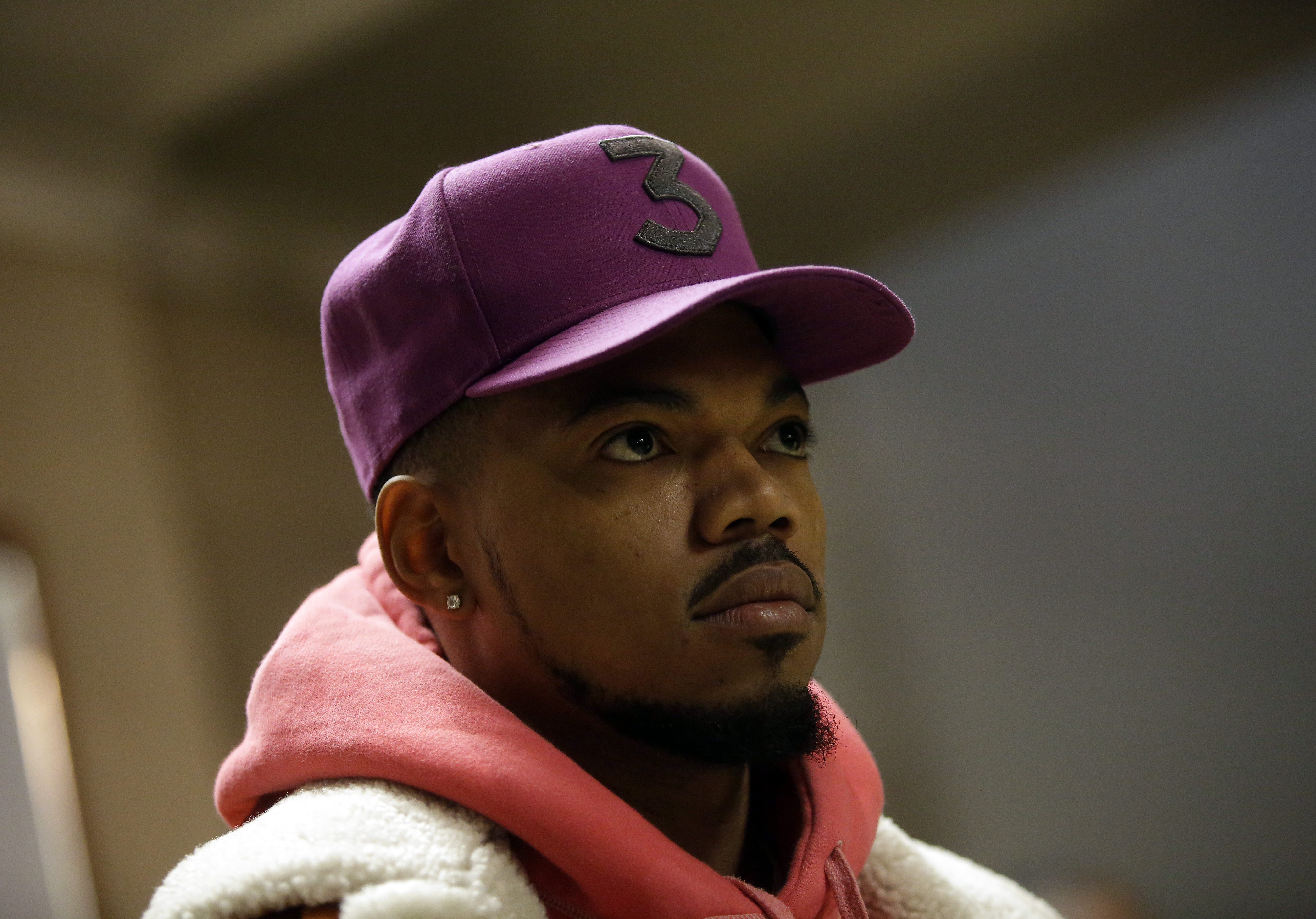Rappers including Killer Mike, Chance the Rapper, 21 Savage, and Meek Mill contributed to an amicus brief submitted to the Supreme Court today on behalf of Pittsburgh artist Jamal Knox, who was sentenced in 2014 to two years in prison on criminal charges based on lyrics in his song “Fuck the Police.” Members of The Lox and 2 Live Crew, Jay-Z’s company Roc Nation, former Spin editor Alan Light, music attorney Dina LaPolt, and 12 scholars, among others, were also named as filing parties. The brief offers a “primer on rap music and hip hop” and argues that rap lyrics do not legally constitute a “true treat of violence.”
Knox recorded “Fuck the Police” after being arrested in 2012 on gun and drug charges, and he was subsequently charged on additional counts of terroristic threats and witness intimidation. Prosecutors submitted the song’s printed lyrics in court and police officers testified about their reactions to the track. Knox was convicted on all counts and the Pennsylvania Supreme Court upheld the ruling on appeal. He has since appealed the decision to the Supreme Court, which advocates hope will rule definitively against the common practice of citing rap lyrics as criminal evidence.
The brief declares that Knox’s song “is a work of poetry,” adding, “It is told from the perspective of two invented characters in the style of rap music, which is (in)famous for its exaggerated, sometimes violent rhetoric, and which uses language in a variety of complex ways. It is not intended to be taken literally, something that a reasonable listener with even a casual knowledge of rap would understand.”
Killer Mike, whose own 2012 song “Don’t Die” is quoted in the brief, told The New York Times that the use of rap lyrics in court is “racial profiling,” and compared the practice to stop-and-frisk policing. “Outlaw country music is given much more poetic license than gangster rap, and I listen to both,” Mike said. “And I can tell you that the lyrics are dark and brutal when Johnny Cash describes shooting a man in Reno just to watch him die and when Ice Cube rapped about a drive-by shooting early in his career.”
Boosie Badazz and Drakeo the Ruler are among the more high-profile rappers whose lyrics have been used against them by prosecutors in recent years. It remains to be seen whether the brief will persuade the Supreme Court to hear Knox’s case, but either way, it’s a valuable read. You can find the full brief here.





